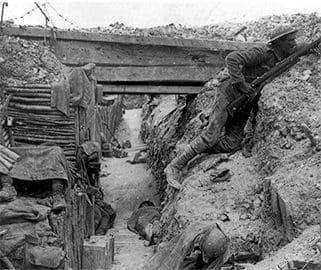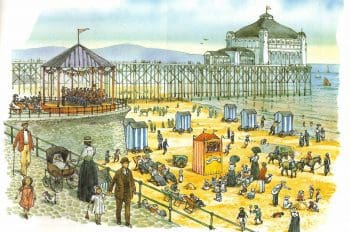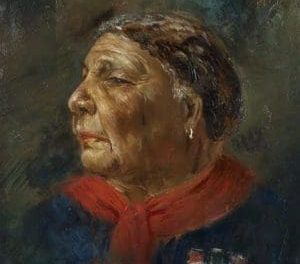
Hi,
Just a short note to say that a new website is being launched this week for teachers of history at KS3 and 4. I have authored hundreds of pages of advice on all current issues facing history departments from my vantage point of having been the county history inspector for Hampshire for 18 years. My site is a ‘virtual adviser’ and aims to offer you answers to the burning question of the moment and examples of best practice in tricky areas such as assessment, progression and creative curriculum planning.
You’ll love the focus on enquiry and the 100 great lesson strategies. Probably the most attractive part of the site will prove to be the outstanding lessons I have written up, and fully resourced. These are ‘real’ lessons that I have observed when working with departments or as part of the 60 OFSTED history inspections I have been part of. New lessons are being added all the time. Just today one of my recent colleagues and AST gave me a PowerPoint for uploading onto the lesson which asks Y10 students to study 4 minutes of Triumph of the Will and then decide if they think the film is propaganda or a documentary. The lesson is carefully structured with examples of the ideas students across the ability range have come up with.
In terms of really ‘hot topics’ I have just uploaded a comparative analysis of the new GCSE history specifications along with a commentary. A separate article unravels the mysteries of the controlled assignment. if you have a moment why don’t you take a look at the site. It might save you lots of valuable time and offer you just the advice you’ve been looking for.
Don’t just take my word for it. Ben Walsh the highly accomplished textbook writer and inspirational INSET provider writes:
Key Stage history has three great strengths. Firstly, the coherent structure built around issues which every teacher recognises as being important. Secondly, the quality of the outstanding lessons which students and teachers will understand, follow, and God forbid, even enjoy! Thirdly, you get a real feel that someone who has ‘been there’ is just sitting down and talking to you, offering examples from his experience that will work in different circumstances. This is exactly what many departments need. (September 2008).
Let me know what you think.
Neil Thompson







